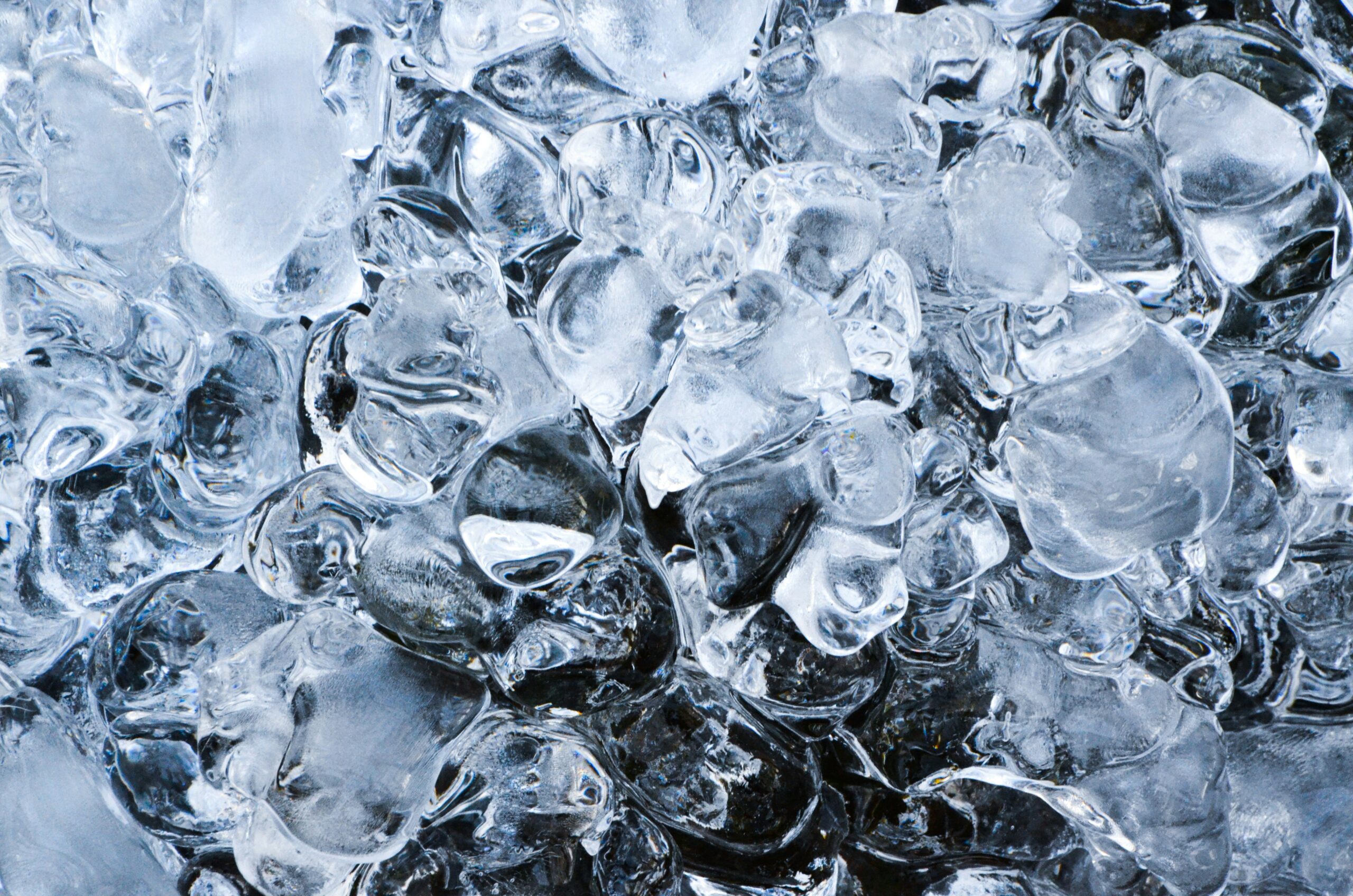proudly serving
the mid-south

Do Ice Machines Need Water Filters? Understanding Benefits and Tips
If you use a commercial ice machine, you might wonder if it really needs a water filter. Honestly, yes—a water filter is a must if you want your ice machine to run smoothly and avoid mineral buildup that can wreck it over time. Clean water means better-tasting ice and fewer expensive repairs down the line.
At Memphis Ice, we’ve watched water filtration systems save businesses from headaches and downtime. When you skip a filter, minerals and gunk from your water sneak into the machine, messing up parts and ice quality. Whether you run a restaurant, bar, or hospital kitchen, a water filter just means more reliable ice and less hassle.
If you want your ice machine to keep up all year, it’s worth knowing why filters matter. We’ve been helping Memphis businesses stay cool since 1977, and we’re always rooting for clean ice and stress-free days.
Why Ice Machines Need Water Filters
Water filters are crucial for keeping your ice machine humming along. They protect your equipment, keep ice tasting fresh, and help make sure your water quality doesn’t let you down. Clean water saves you money on repairs and gives you better ice, plain and simple.
How Water Quality Impacts Ice Production
Bad water causes mineral buildup inside your ice machine. Over time, minerals like calcium and magnesium pile up as scale on important parts. That slows ice production and can cause breakdowns.
A water filter grabs these minerals before they hit your machine, keeping things cleaner and reducing the grind on internal parts.
Filtered water also keeps water flowing right. If your filter gets clogged, water slows down, the machine strains, and you end up with less ice. Changing filters regularly keeps your ice machine efficient, which matters a lot during those hot Memphis summers.
Health and Safety Considerations
Water filters help keep your ice safe to eat or drink. They pull out contaminants like chlorine, bacteria, and sediment that might be floating around in your local water. Left unchecked, these can cause health issues or leave stuff in the ice nobody wants.
Filtering water also slows down microbial growth inside the machine, which helps protect everyone from contamination.
For places like restaurants and hospitals, ice quality ties right into food safety. Using filtered water makes it easier to stay compliant and reduces the risk of ice-related illnesses.
Taste and Odor Concerns
The taste of your ice really matters for customer satisfaction. Unfiltered water can bring in weird tastes or smells from chlorine, metals, or other chemicals—and those end up in your ice.
A water filter clears out these nasties. You get ice that’s clearer, fresher, and just plain neutral, which makes drinks and food look and taste better.
At Memphis Ice, we help businesses keep their ice top-notch by recommending the right filtration setup. Clean ice is a simple win for happy customers and smooth operations.
Types of Water Filters for Ice Machines
Water filters keep your ice clean, protect your machine, and help it last. Different filters tackle different water issues, so it’s good to know what each does before picking one for your ice machine.
Sediment Filters
Sediment filters catch stuff like dirt, sand, and rust coming from your water supply. These things can clog water lines or mess up parts. Sediment filters keep your ice clear and your machine free from debris.
Most are cartridges you swap out about every 6 months. If your water looks gritty or your ice machine slows down, a sediment filter could be the fix.
They’re basically your first defense against clogs and mechanical headaches.
Carbon Filters
Carbon filters make your water taste and smell better by removing chlorine and other chemicals. Chlorine not only ruins ice flavor but can also damage machine parts over time. Carbon filters trap those chemicals before they reach your ice maker.
If your ice tastes or smells funky, a carbon filter usually solves it. It also helps cut down on slime inside the machine by blocking organic contaminants.
You’ll want to replace these every 6 months or so. Here in Memphis, where water treatment can vary, carbon filters are a must for fresh ice.
Scale Inhibitors
Scale inhibitors keep minerals from hard water—like calcium and magnesium—from sticking inside your machine. Those minerals cause scaling on water lines and the evaporator, which slows ice production and can damage parts.
You can get scale inhibitors inside filter cartridges or as separate add-ons. They don’t actually remove minerals, but they change how minerals behave so they don’t cling as much.
If you’re in a hard water area (looking at you, West Tennessee and northern Mississippi), scale inhibitors are worth it to avoid downtime and expensive repairs.
At Memphis Ice, we’ve helped plenty of local businesses pick the right filters to keep their ice machines running without drama.
Benefits of Installing a Water Filter
Putting a water filter on your ice machine really pays off. It pulls out impurities, keeps your ice clear, and reduces wear on machine parts. You’ll spend less time cleaning and less money fixing things.
Improved Ice Clarity
A filter removes minerals, chemicals, and particles that cloud up your ice or make it taste weird. Clear ice just looks and tastes better—big plus if you’re running a restaurant, bar, or healthcare spot.
When your ice is pure, it melts slower and doesn’t pick up strange odors. That means a better experience for whoever’s using it.
Keeping your ice clean and consistent just feels good, doesn’t it?
Longer Equipment Lifespan
Filtered water shields your ice machine from hard water damage like scale buildup. Scale blocks water flow and makes the machine work harder, which wears it out faster.
Changing the filter keeps water lines and the evaporator clean. That means fewer breakdowns and a longer life for your machine.
We’ve seen a simple filter swap add years to an ice machine—definitely worth it.
Reduced Maintenance Needs
With a filter, dirt and minerals don’t pile up inside your ice machine as quickly. That means less slime, fewer odors, and fewer complaints.
You won’t need to clean as often or deal with slowdowns from clogged lines. Filters also help avoid blocked pipes and stressed compressors.
Changing your filter regularly is a small chore that prevents bigger problems. Trust me, it’s a lot easier than dealing with a broken ice machine in the middle of a rush.
Potential Issues Without Water Filters
Running your ice machine without a filter? That’s asking for trouble. You’ll see more breakdowns, worse ice quality, and even health risks. Repairs get expensive fast.
Mineral Build-Up in Ice Machines
Hard water brings in minerals like calcium and magnesium. Without a filter, these settle inside your machine, clog pipes, and slow down ice production. Over time, scaling damages parts, making your machine work harder and die sooner.
You might notice cloudy or funky-tasting ice. Cleaning helps, but it won’t solve the problem without a filter. Using one keeps mineral deposits down and helps your machine last longer.
Increased Risk of Contaminants
Filters catch dirt, sediment, and other junk in untreated water. Without one, those contaminants get into your ice machine, leading to poor ice quality. You could end up serving ice that smells or tastes off, which isn’t great for business or safety.
Contaminants can also mess up machine parts and encourage bacteria growth inside. The longer you go without a filter, the worse it gets. Installing one protects both your ice and your equipment.
More Frequent Repairs
Skip the filter and your machine faces extra wear from minerals and dirt. That means more leaks, clogged lines, and compressor problems—especially when you need ice most.
Changing filters regularly is one of the easiest ways to dodge these issues. At Memphis Ice, we’ve seen how a little maintenance can save businesses from costly breakdowns and surprise downtime.
How to Choose the Right Water Filter for Your Ice Machine
Picking the right filter depends on your local water and your ice machine. Get this right, and your ice stays clean and your machine lasts longer.
Assessing Local Water Conditions
First, figure out what’s in your water. Hard water has lots of minerals like calcium and magnesium, which can wreck your machine. If that’s your situation, you’ll want a filter that blocks minerals to prevent scale.
Test for chlorine, sediment, and iron too. Chlorine messes with taste and smell, sediment clogs things up, and iron can leave rust stains.
Grab a water test kit or get a report from your water supplier. That way, you know exactly what you’re dealing with.
Matching Filter Types to Ice Machine Models
Not every filter fits every machine. Self-contained models usually need cartridge filters that are quick to swap and block minerals, chlorine, and sediment.
Bigger commercial machines might need a multi-stage filter system—layers that clean water more thoroughly and protect important parts.
We carry filters that fit popular commercial models and last. Just make sure your filter matches your machine’s size and water needs. Swapping filters on schedule keeps your ice pure and your gear safe.
Always check your machine’s instructions before buying. The right filter saves you time, money, and headaches.
Installation and Maintenance Tips for Water Filters
To get the most from your water filter, you need to install it right and keep up with maintenance. Doing this saves you time and keeps your ice machine running trouble-free.
Proper Installation Steps
Turn off your ice machine’s water supply before you start. Pick a spot that’s easy to reach—usually right on the water line going to the machine.
Here’s how it usually goes:
- Cut the water line where you want to add the filter.
- Attach the filter with the right fittings (check the instructions).
- Tighten everything up to prevent leaks.
- Turn the water back on slowly and look for leaks.
- Let the machine run a few minutes to flush the filter before making ice.
Stick to manufacturer-approved filters for best results. Make sure there’s enough airflow around the machine to avoid overheating.
How Often to Replace Filters
Change your filter at least every 6 months. That keeps dirt, sediment, and minerals from clogging things up.
If your ice cubes get smaller, look cloudy, or production slows, swap the filter sooner.
Keep a maintenance log so you remember when you last changed it. Staying on schedule keeps your ice top-notch and your machine happy.
We always recommend following the manufacturer’s guidelines—cutting corners here can cost you.
Troubleshooting Common Problems
If your ice output drops or the ice tastes weird, check the filter first.
Common issues:
- Clogged filter: Slows water, cuts ice production.
- Leaks: Tighten connections or swap out damaged parts.
- Bad taste or smell: Old or dirty filter.
- Machine overheating: Water flow might be blocked.
Always clean debris off condenser coils and check water lines for blockages. Still stuck? Call your Memphis refrigeration pros.
Cost Considerations for Ice Machine Water Filters
Water filters for ice machines aren’t just a one-time buy. There’s the upfront price, plus ongoing costs to keep things running right. Knowing what you’re in for helps you make smart choices for your business.
Initial Investment
When you’re shopping for a water filter for your ice machine, prices swing a lot depending on type and brand. Basic filters are usually cheaper, while high-efficiency or specialty ones can get pricey. For example, a standard filter cartridge might run you anywhere from $30 to $70. Some advanced systems? Those can easily top $100.
If you don’t want to install it yourself, you’ll probably need to pay for installation. Some ice machines already have built-in filtration, but that can bump up the total price. Memphis Ice can help you sort through options that fit both your budget and your machine.
Ongoing Maintenance Costs
You’ll need to swap out water filters regularly to keep your ice clean and your machine working right. Most filters need changing every six months, but if your water’s especially hard or loaded with minerals, you might have to do it sooner. Ignore replacements, and you risk mineral buildup that can wreck your equipment and leave you with a bigger repair bill.
Maintenance isn’t just about the filter, either. You’ll want to check water lines and occasionally clean parts, which can add a little to labor costs. While these expenses aren’t huge, they’re worth planning for. Staying on top of maintenance helps you dodge bigger headaches and keeps your ice tasting crisp.
Environmental Impacts of Using Water Filters
Using water filters in a commercial ice machine can actually help the environment—less waste, fewer resources burned. Clean water keeps your machine humming, so it doesn’t have to work overtime and guzzle extra energy.
But let’s be honest: filters do create waste when you toss them out. Most cartridges are plastic with filtering materials inside, so they need proper disposal. You can do your part by picking filters that are easier to recycle or last a bit longer.
Here’s a quick rundown of the upsides and downsides:
| Benefits | Environmental Concerns |
| Saves water by preventing clogs | Plastic waste from filter cartridges |
| Reduces energy consumption | Manufacturing footprint of filters |
| Less chemical cleaning needed | Shipping-related carbon emissions |
At Memphis Ice, we always recommend regular filter changes to keep your ice clean and cut down on mold or slime. Fewer repairs and less frequent machine replacement mean less waste from manufacturing, which is better for everyone.
Taking care of your ice machine with good filters lowers wasted energy and water. That’s a pretty straightforward way to do right by your business and the planet.
If you want to keep your ice machine running well and stay eco-friendly, Memphis Ice can walk you through filter choices and maintenance plans. They’re good at matching solutions to your needs—and your neighborhood.
Frequently Asked Questions
Having the right water filter keeps your ice machine running smooth and helps prevent buildup that messes with ice quality and efficiency. Figuring out when to replace filters and knowing how to use your ice maker with or without one can save you some headaches. Understanding your machine’s features also makes maintenance less of a hassle.
How often should I replace the filter in my ice machine?
Swap out your ice machine’s water filter every six months, or sooner if you notice it making less ice or the ice tastes off. Regular changes keep sediment and minerals from clogging things up.
Can I use my Whirlpool ice maker without a filter, and what are the consequences?
You can run it without a filter, but you’ll probably see scale and gunk build up faster inside. That means lower ice quality and more repairs—never fun.
Is it necessary to install a water filter for my ice maker to work properly?
Your ice maker will run without a filter, but adding one protects the machine and helps make cleaner, clearer ice. Filters pull out impurities that can clog lines and mess with the inside parts.
What happens if I use distilled water in my ice maker instead of filtered water?
Distilled water stops mineral buildup since it’s mineral-free, but it won’t catch other stuff like bacteria. A water filter helps with those other contaminants.
Do Frigidaire ice makers come with a built-in water filter?
Most Frigidaire ice makers don’t include a built-in filter. You’ll probably need to add an external one to keep your ice tasting fresh and your machine happy.
Are water filters in portable ice makers a standard feature?
Not really. You’ll find that a few portable ice makers come with built-in water filters, but honestly, most skip them. It’s a good idea to dig into your model’s manual or just ask the Memphis Ice folks if you need to add one yourself.
Recent News
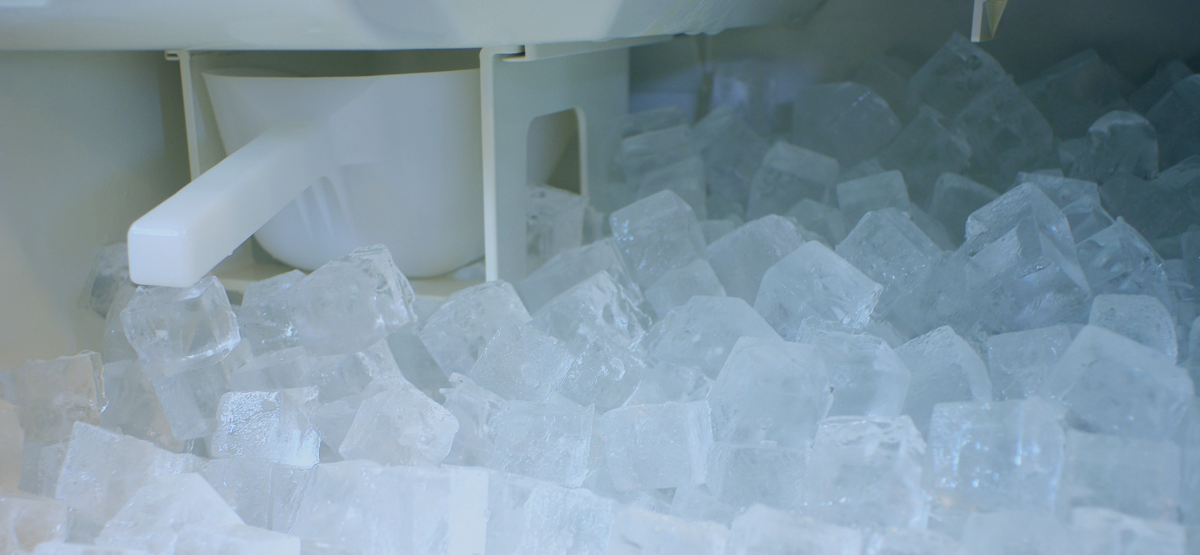
Commercial Prep Table Maintenance Tips for a Cleaner, Longer-Lasting Kitchen

Commercial Ice Machine Rental Made Easy for Your Business Needs
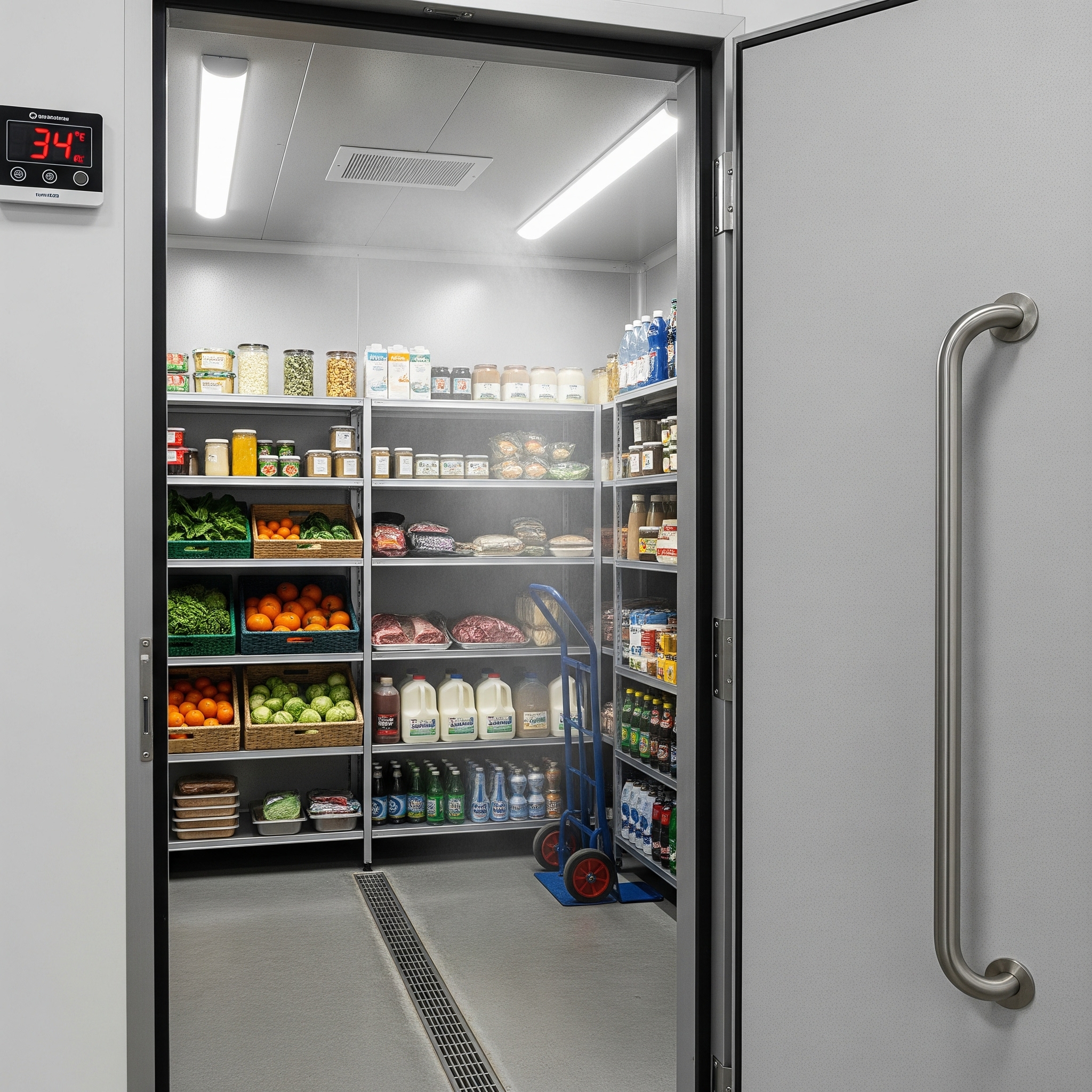
Walk-In Freezer Not Cooling Troubleshooting Tips and Fixes
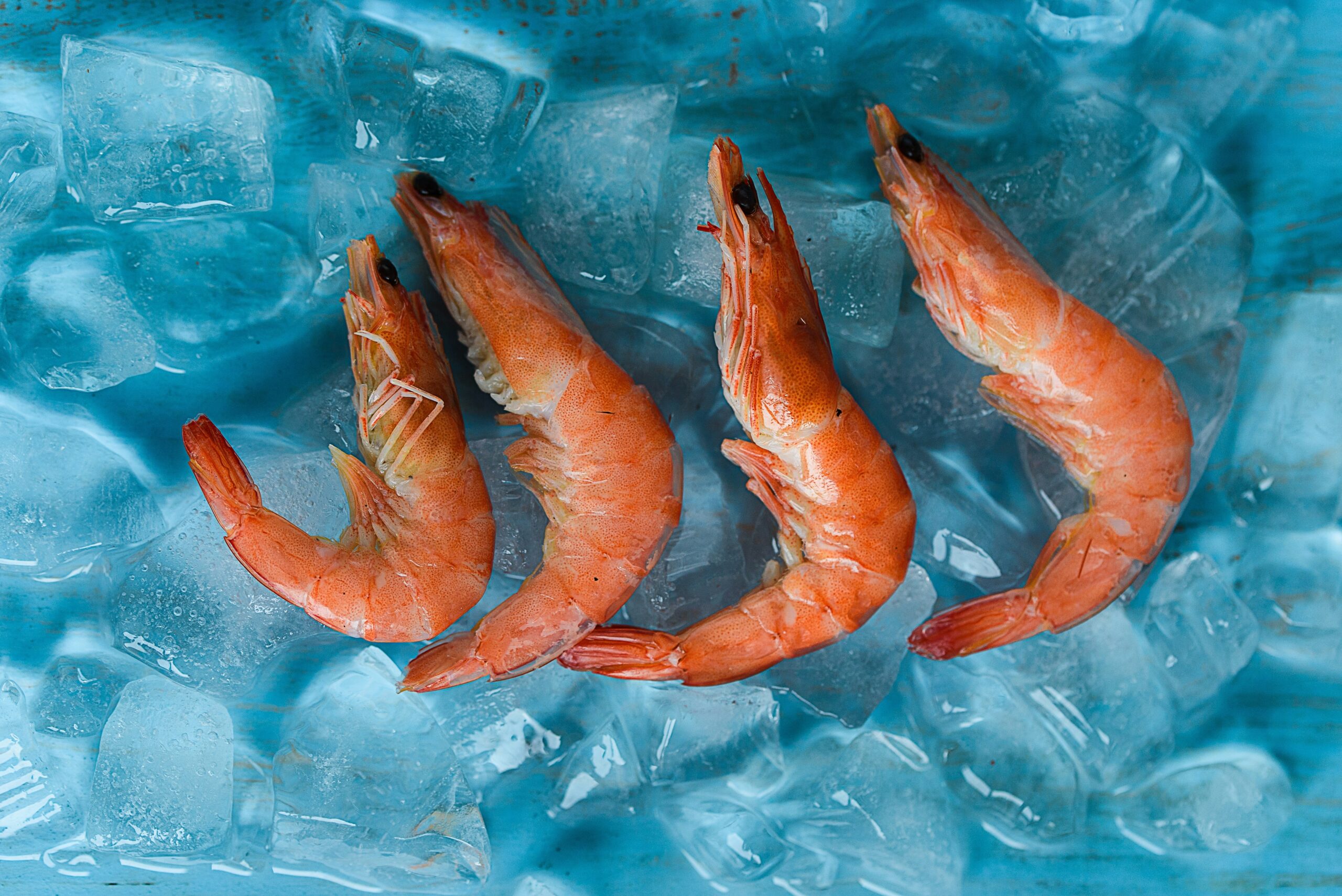
Mid-South Commercial Refrigeration Friendly Guide to Efficient Cooling Solutions

Bar Equipment Refrigeration Guide Tips for Keeping Drinks Perfectly Chilled
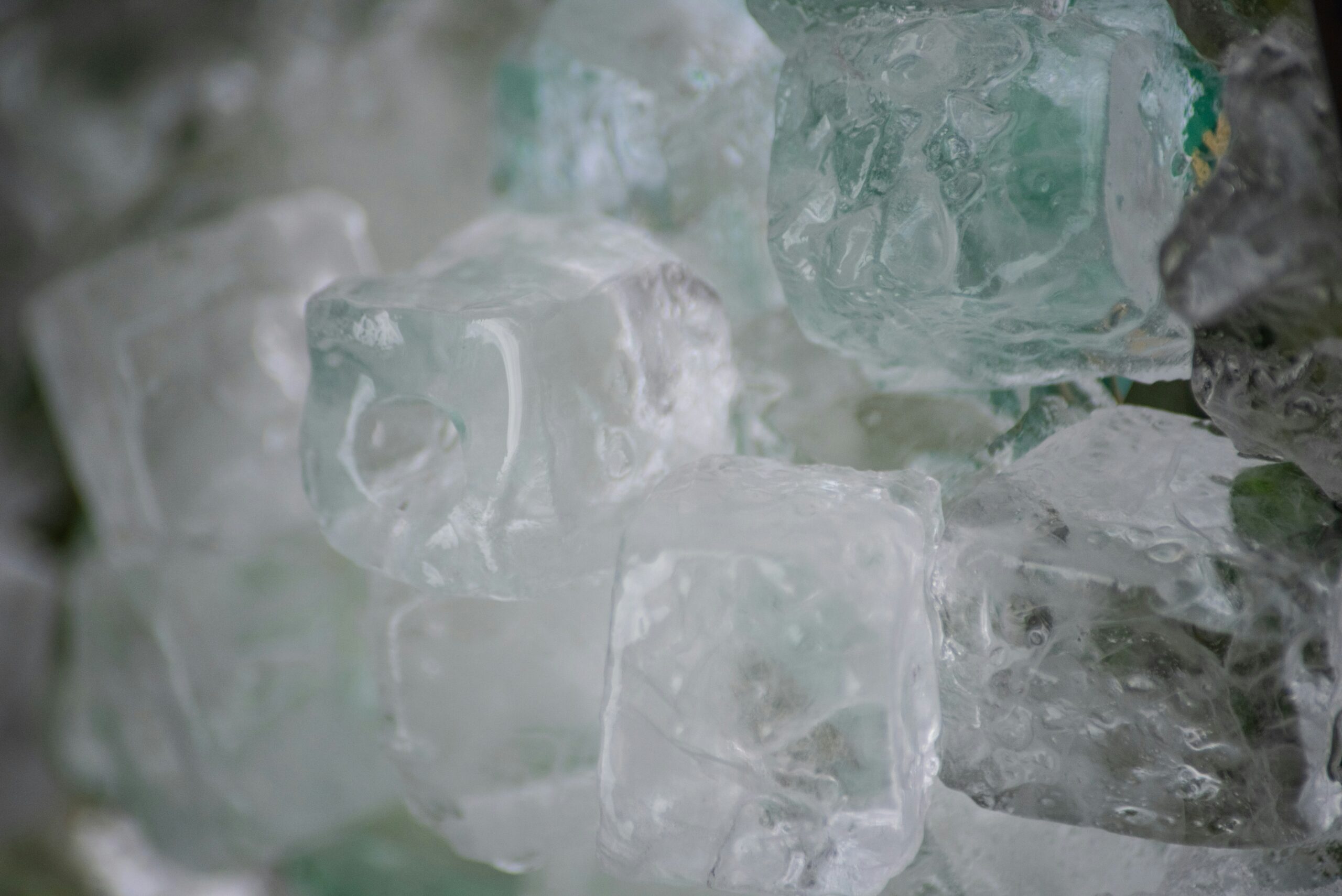
Why Is My Ice Machine Slow? Easy Fixes to Speed It Up
